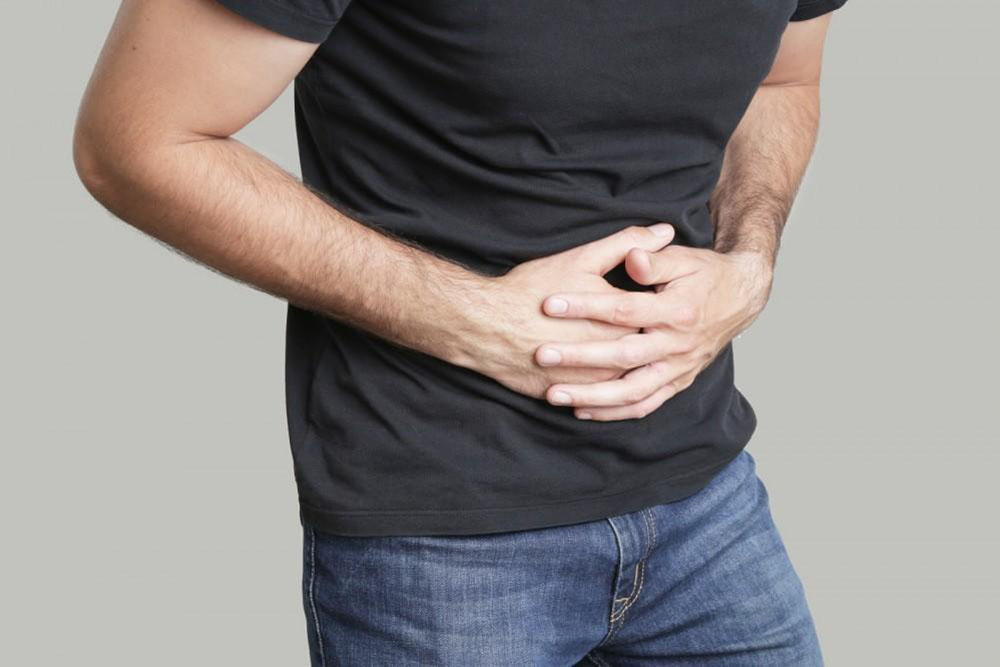What Is a Change in Bowel Habit?
A change in bowel habit means your usual bathroom routine has shifted. You might find yourself going more or less often, passing harder or looser stools, or noticing a change in stool shape. These alterations can last for weeks or even months.
Common Causes and Risk Factors
- Diet low in fiber or inadequate fluid intake
- Stress, anxiety or other emotional triggers
- Gut infections (bacterial, viral or parasitic)
- Irritable bowel syndrome (IBS)
- Inflammatory bowel disease (Crohn's disease, ulcerative colitis)
- Medications (especially antibiotics)
- Normal aging and reduced gut motility
- Family history of colorectal disorders
Signs and Symptoms
- Constipation (fewer than three bowel movements per week)
- Diarrhea (loose, watery or urgent stools)
- Sensation of incomplete emptying after a bowel movement
- Abdominal cramps, gas or bloating
- Mucus or blood in the stool
- Unexplained fatigue or weight loss
Expert Treatment for Change in Bowel Habit by Dr. Bharat Pothuri
Dr. Pothuri uses a step-by-step approach:
Medical History and Physical Exam
He reviews your usual bowel pattern, diet, stressors, medication use and red-flag signs (blood, weight loss).
Laboratory Tests
Stool studies for infection, inflammation markers (CRP), blood count for anemia, thyroid and metabolic panels.
Imaging Studies
- Abdominal ultrasound to look for masses or organ pathology.
- CT abdomen/pelvis if structural lesions or complications are suspected.
Endoscopic Evaluation
Colonoscopy or flexible sigmoidoscopy to inspect the colon, take biopsies for IBD, IBS or malignancy work-up.
Documentation and Coding
Provides you with appropriate ICD-10 codes and assists with insurance or work documentation.
Frequently Asked Questions
When should I worry about a change in bowel habits?
If you notice blood in your stool, unexplained weight loss, or severe pain lasting more than two weeks, you should schedule a visit with Dr. Pothuri.
Can stress cause these changes?
Yes. Stress and anxiety can alter gut motility and trigger symptoms like diarrhea or constipation, often seen in IBS.
How soon will I feel better?
Many patients begin to improve within a few weeks after making recommended diet and lifestyle changes or starting medication.
Do I need a colonoscopy?
Not always. Dr. Pothuri may suggest one if you have red-flag symptoms (like blood in stool) or are over age 50.
Can fiber make diarrhea worse?
Soluble fiber (oats, bananas) often helps firm stools, while insoluble fiber (bran) can sometimes worsen diarrhea for sensitive individuals.
What if I need an ICD-10 code for insurance?
Dr. Pothuri can provide the appropriate ICD-10 code and assist with any paperwork required by your insurer or employer.
Are probiotics useful?
They can be. Probiotics support healthy gut flora, and Dr. Pothuri will recommend the best strains based on your specific symptoms.












